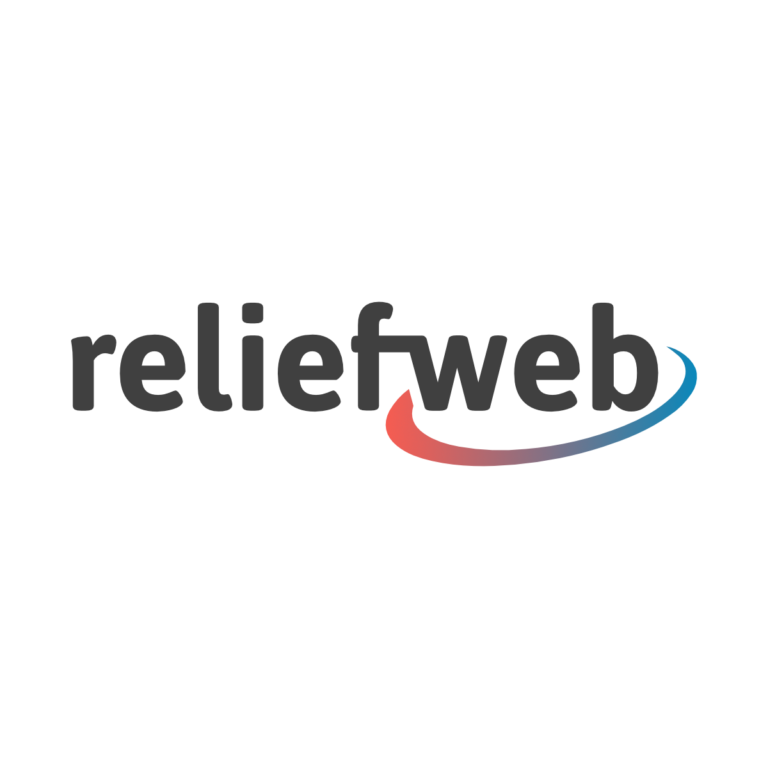The Women’s Protection & Empowerment Coordinator leads the IRC’s efforts to meet conflict-affected people’s safety and protection needs, reducing risk of gender-based violence, and responding to cases of violence, coercion and deprivation, as well as mainstreaming protection throughout the IRC’s response in Cameroon. Protection is a signature part of the IRC’s strategy in Cameroon. The Women’s Protection & Empowerment Coordinator will define and manage a clear programmatic strategy and plan, drive forward implementation and ensure robust and effective management and oversight of protection programming to meet highest programmatic standards while responding to needs of local communities through accountable delivery of programs. The position reports to the Deputy Director for Programs (DDP), with technical supervision of the WPE Deputy TC, M&E focal point and Project managers. This position is based in Yaoundé with frequent trips to Maroua, Kousseri, Buea and Bamenda offices (approximately 50% of time).
Major Responsibilities:
Program Strategy & Program Development
• Provide strategic direction, leadership and overall technical and management support to the Women’s Protection and Empowerment (WPE) programming, ensuring it is needs-based, context-appropriate, responsive, coherent, collaborative, and operationally feasible;
• Ensure inputs into country-level Strategic Action Plan (SAP), ensuring a contextualized strategy for Protection/WPE activities, in close collaboration with Deputy Director for Programs (DDP);
• Contribute to growing the WPE portfolio in line with the Strategic Action Plan, through proactive engagement with key stakeholders and donors, in addition to leading in the technical development of concept notes and proposals for existing and new donors;
• Ensure high quality program design processes, based on thorough analysis of gaps and needs, application of identified lessons learned, and ensuring adherence to evidence-based approaches linked to theories of change;
• Based on thorough review of needs and gaps in service provision and coverage of humanitarian and development actors, and government agencies, ensure programmatic priorities are regularly reviewed for relevance and adaptations proposed;
• Ensure integration opportunities are explored and leveraged across the three protection streams of Women’s Protection and Empowerment (WPE), Child Protection, and Protection & Rule of Law (PRoL) as well as the Economic Recovery & Development (ERD), Environmental Health (EH/WASH), Education sectors to enhance the quality of programming and a holistic approach to addressing the protection needs of the target populations.
Program Management and Quality
• Ensure projects and activities are of high technical quality, meet humanitarian standards, mainstream protection, align with IRC’s Outcomes and Evidence Framework, and respond to community and monitoring feedback;
• Working closely with Field Coordinators and Project Managers, ensure technically sound programmatic work plans and spending plans, reviewing plans regularly and proposing adaptations as needed;
• Undertake regular field monitoring visits to assess progress and identify technical quality issues and/or other implementation issues, provide solutions and implement modifications as required;
• Ensure adaptive approach within program team, ensuring regular review of programmatic data and beneficiary and community feedback, in order to remain responsive to needs, preferences, and changing context;
• Ensure review of program delivery against strategic objectives of effectiveness, responsiveness, speed & timeliness, reach & scale, best use of resources – proposing changes accordingly;
• Liaise with the Senior MEAL WPE officer and the M&E Managers to support M&E activities for the WPE program, map lessons learnt and identify opportunities for evaluations and quality improvement;
• Working closely with the Field Coordinators, lead the design and planning of assessments and context-appropriate research aimed at generating a strong evidence base for IRC protection programming, as well as informing IRC advocacy;
• Proactively identify, assess, monitor and implement measures to reduce or control risks that may impact program delivery, quality or compliance;
• Liaise with Technical Advisors to ensure relevant support, tools and resources are being provided and integrated into programming;
• Promote and assist the other IRC’s programming sectors with the integration of protection (protection mainstreaming).
Grant Monitoring & Reporting
• Ensure regular monitoring of work plans and progress of activities on grants, actively participating in Project Cycle Meetings, including Project Design Meetings, Project Opening Meetings, Project Implementation Meetings, Project Learning Meetings, and Grant Closing Meetings.
• Ensure that adequate M&E systems and practices are in place to allow for data-driven programmatic decision making and reporting;
• Ensure that all internal and external reporting requirements are met, that reports are of a high quality and are submitted on time;
• Prepare quality reports for donors and IRC according to the proposed timetables and activity outlines, and monitor programmatic indicators and achievements;
• Work closely and in coordination with IRC logistics, finance and grants staff to ensure timeliness and compliance of program activities and expenditures. Has budget authority to pre-approve limits and responsibility for budget development and compliance under the direction of the PDO;
• Working closely with Field Coordinator, design program reporting templates and ensure regular reporting from staff in the field;
• Ensure completion of monthly internal report highlighting progress of activities, trends, and contextual changes for reporting to region and external stakeholders;
Representation, coordination and advocacy
• Engage and maintain effective working relationships with stakeholders and protection coordination structures in Cameroon, including NGO, UN, and technical and government actors.
• Lead in national coordination representation, regularly attending Protection Sector and GBV AOR meetings. Ensure representation and active participation by Project managers in regional Cluster and Sector working group meetings. Ensure to maintain updated information on needs and gaps, sharing with WPE team and technical advisors for consideration within Cameroon.
• Identify advocacy opportunities together with the Deputy Director for Programs and based on information coming from the field;
• Together with the DDP, work closely with IRC’s advocacy and media teams, and the Violence Prevention and Response Technical Unit for the launch and dissemination of research reports and findings;
• Together with the DDP, contribute to the advocacy efforts of IRC Cameroon and the West Africa Region through analysis of the policy environment and trends;
• Support the greater sharing and use of research and learning within IRC’s program sectors, including by contributing to program development and design, to ensure interventions are responsive to needs and informed by a sound understanding of the environment(s) in Cameroon.
Staff Management and Development
• Coach, train, and mentor WPE and projects staff with the aim of strengthening their technical capacity, exchanging knowledge within the team and providing professional development guidance;
• Supervise and mentor staff, including communicating clear expectations, and in partnership with the direct line supervisor, setting performance objectives, providing regular and timely performance feedback, and contribute to the annual and mid-year performance reviews;
• Provide constructive feedback and counsel on appropriate career paths and professional development;
• Promote and monitor staff care and well-being; approve and manage all leave requests to ensure adequate coverage;
• Provide leadership support for successful adherence by staff to IRC’s Global HR Operating Policies and Procedures;
• Adhere to and act in accordance with the IRC Global HR Policies and Procedures, and communicate through word and example a high standard of compliance with all applicable policies and regulations.
Job Requirements
Education:
• Bachelor’s degree or equivalent in international affairs, social work, gender studies, law, human rights, development or related subject;
Work Experience:
• At least five years of experience developing and managing Protection programming with focus on GBV prevention and response, and women’s empowerment in humanitarian contexts;
• Substantial experience in design of programming and drafting of concept notes and proposals;
• Experience managing donor funded programs and grants, including staff management, budget oversight, monitoring and evaluation systems, and technical input to proposal-budget development and donor reports;
• IRC experience is an asset
Preferred experience & skills:
• Demonstrated ability to conduct needs assessments, and propose context-appropriate solutions based on analysis of needs and gaps;
• Good communicator with strong organizational, time management and analytical skills
• Excellent inter-personal, cultural and diplomatic skills
• Flexibility to adapt to changing requirements
• Strong capacity to mentor and build capacity of staff
• Ability to juggle competing priorities, meet demanding deadlines and work under pressure in unstable security environment
• Strong skills in Microsoft Office Suite
Language Skills:
• Fluency in English and/or French, with strong working knowledge in both
Working Environment & security:
Security: Yaoundé is currently security level yellow and has no curfew in place. Maroua and Kousseri are security level orange and the IRC has a curfew in place, while Buea is level red with a curfew in place. The situation is calm though there remains a risk of terrorist attack and kidnap.
The IRC and IRC workers must adhere to the values and principles outlined in IRC Way – Standards for Professional Conduct. These are Integrity, Equality, Service, and Accountability. In accordance with these values, the IRC operates and enforces policies on Beneficiary Protection from Exploitation and Abuse, Child Safeguarding, Anti Workplace Harassment, Fiscal Integrity, and Anti-Retaliation.
IRC is equal opportunity employer, considered all the candidates on the basis of merit without regard to race, sex, color, nationality, religion, sexual orientation, age, marital status, veteran or disability.
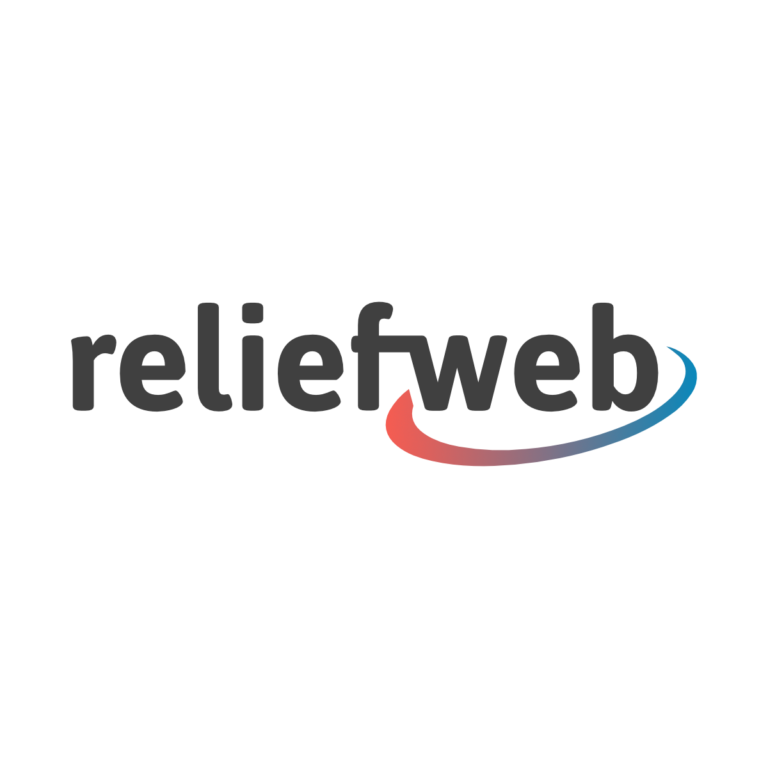
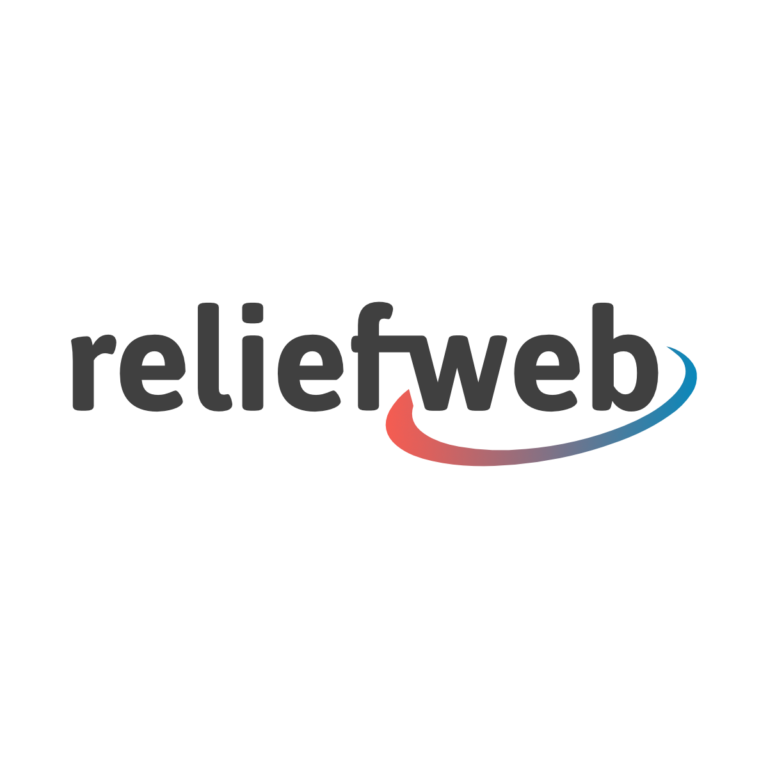


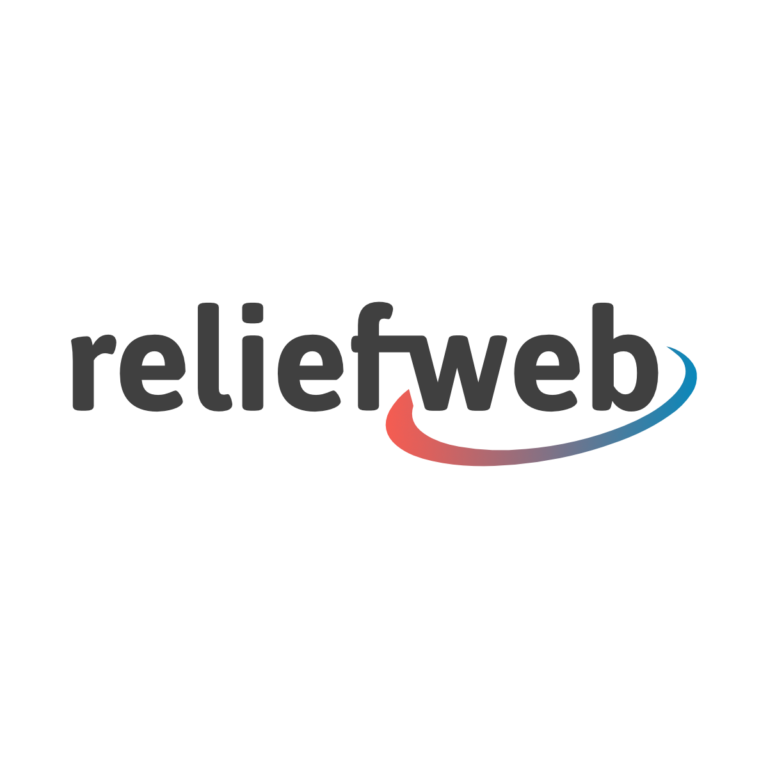
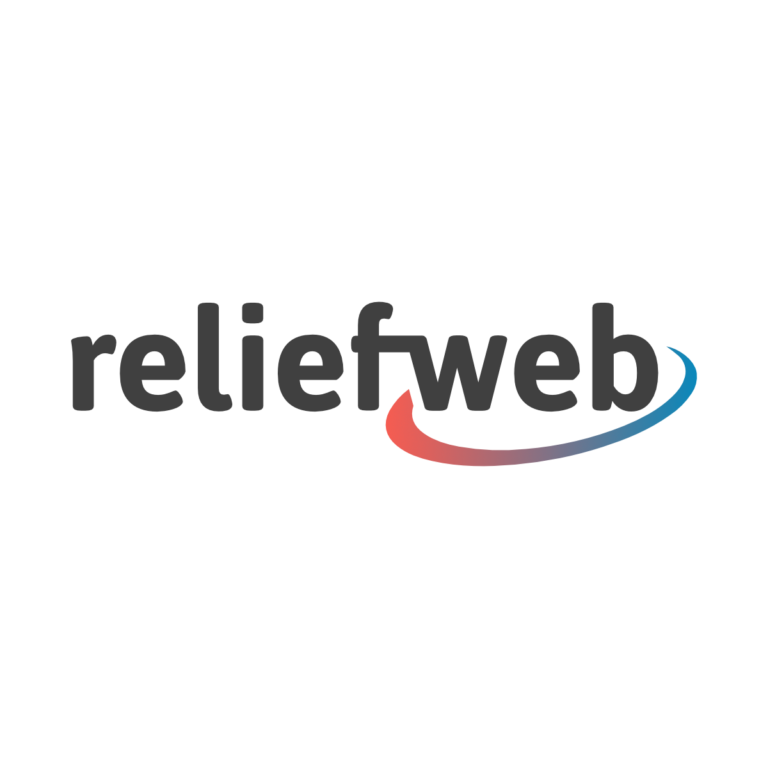
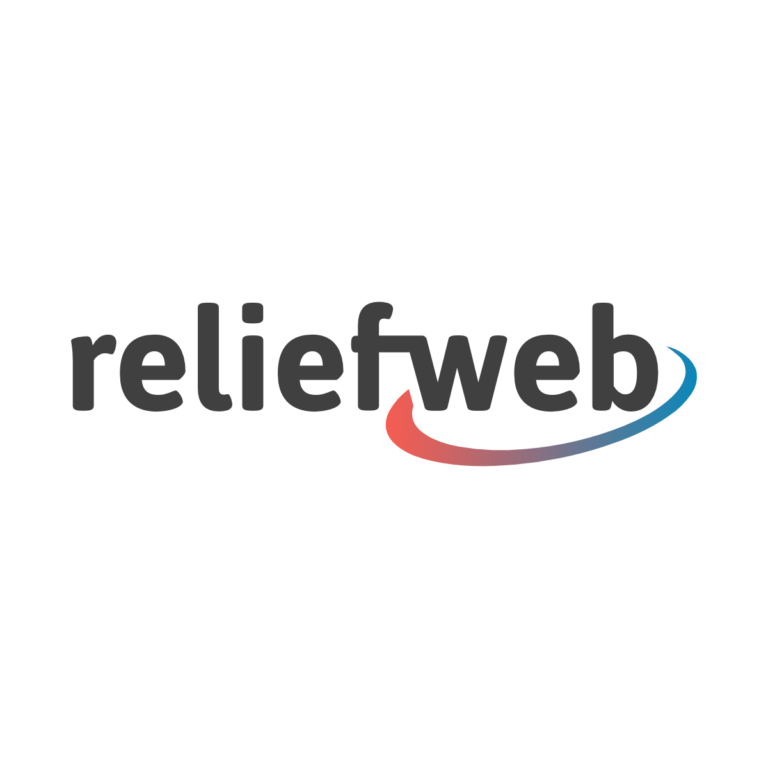
![Grant Opportunities: [Now Open] The 8th Edition of World Water Challenge 2022 Grant Opportunities: [Now Open] The 8th Edition of World Water Challenge 2022](https://cameroun.cc/wp-content/uploads/2022/07/3583-water-3-1.jpg)

